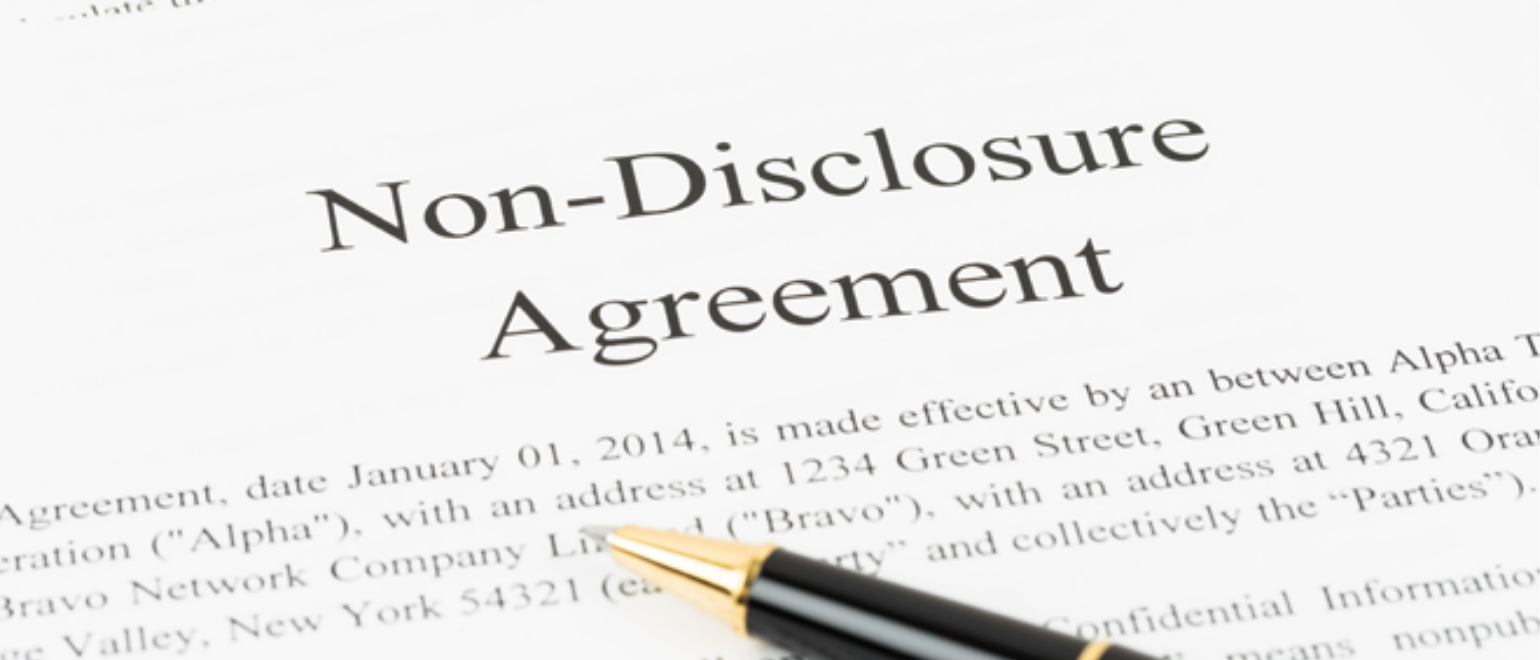Illinois recently passed legislation amending the Freedom to Work Act (the “Act”), following a growing trend of states imposing greater restrictions on employers’ use and enforcement of non-competition and non-solicitation covenants.
Continue Reading Illinois Imposes New Restrictions on Non-Competes and Non-Solicits








